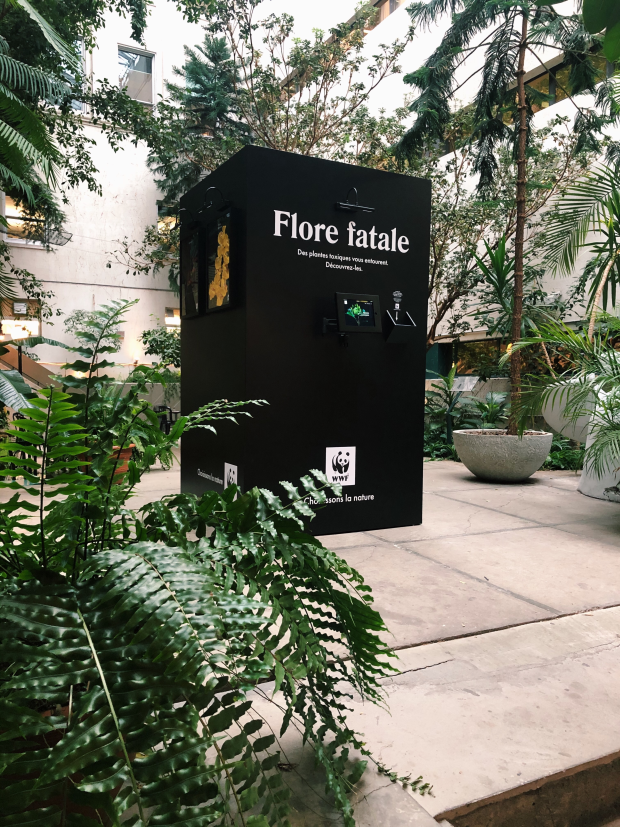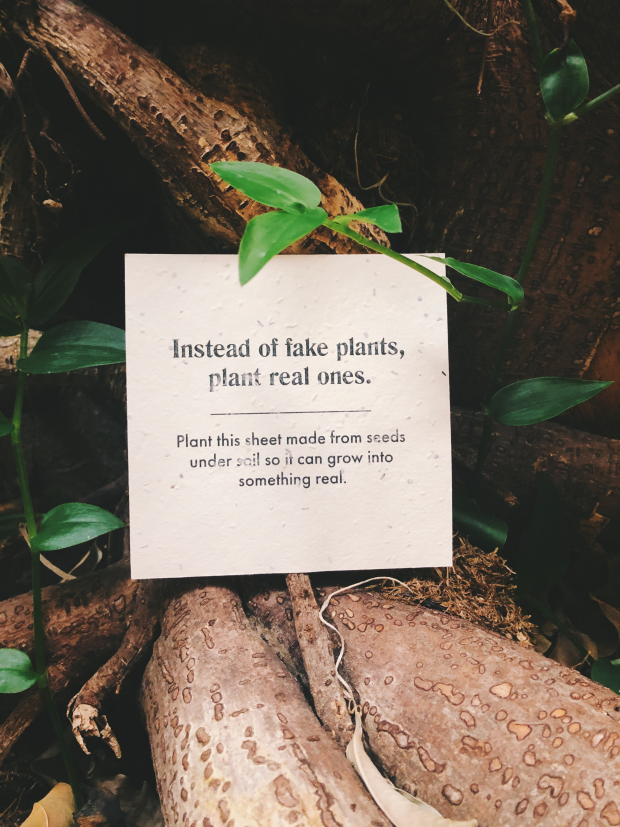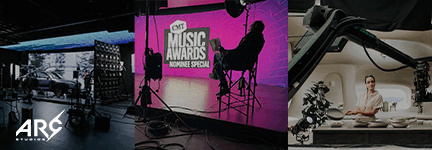
'Deadly Flora' Campaign Highlights the Impact Plastic Has on the Environment

WWF’s 2017 Living Planet Report Canada demonstrated that biodiversity is declining at a staggering rate. It’s ironic, then, that nature is often mimicked using the very materials that harm it. Installed inside a botanical greenhouse, the Deadly Flora campaign, which presents an intriguing selection of plastic plants that are as catchy as they are dangerous, has allowed WWF-Canada and TAXI Montreal to emphasise the importance of always choosing nature for all the solutions it offers to the biodiversity crisis and environmental degradation.
Choose nature
Deadly Flora (through deadlyflora.com and a poster campaign) demonstrates how artificial plants contribute to the global plastic crisis, the effects plastics have on nature, and above all, why it is imperative to rethink our relationship with plastic and choose nature without any further delay.
Experts predict that at the current rate, there will be more plastic than fish in the oceans by 2050. Ingestion of plastic and entanglement in plastic waste are the leading causes of injury and death for seabirds, fish and marine mammals.
Sophie Paradis, director for Quebec, WWF-Canada. comments: "The well-being of citizens and our urban resiliency depend on nature, which offers a range of benefits called ecosystem services. The protection, restoration and enhancement of nature and biodiversity are essential not only for humans but also for wildlife. In cities, ecosystem services can provide purification and cooling of the air, habitats for biodiversity, management of rainwater and runoff, maintenance of soil quality and structure, physical and psychological health, and more. "

George Giampuranis, executive creative director of Taxi Montreal, commented: "Plastic is ubiquitous in our lives, and it's easy to be seduced by the aesthetics and practicality of artificial flowers. Unfortunately, the growing popularity of plastic plants is proof of this. Eventually, this plastic will end up in the environment."















